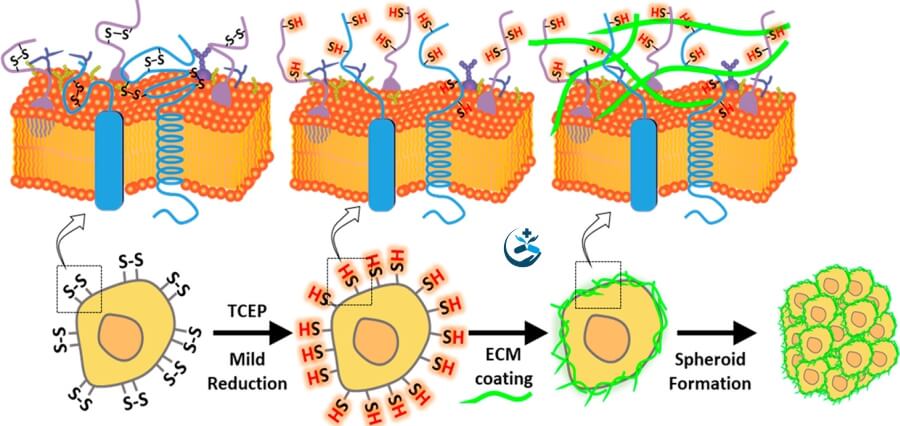Associate Professor Makoto Ikeya and Dr. Denise Zujur spearheaded a Japanese team of researchers, that developed a unique methodology applying iPS cell-derived mesenchymal stem cells (iMSC) for creating new cartilage spheroids, opening up new possibilities in tissue repair.
In the existing treatments have limitations in cartilage tissue repair, and the regenerative medicine implements mesenchymal stem cells and cartilage. However, clinical applications of these cell types are limited by medical complexities in the poor proliferative capacity and the donors.
A new differentiation method to generate high-quality cartilage spheroids from iMSCs was explored by the research team with an objective to overcome these challenges. TD-198946, a small molecule compound improved the efficiency of differentiating iMSC into cartilage, was discovered in their research.
By applying a stepwise induction protocol, the research team successfully produced high-quality cartilage spheroids. The research team identified that these spheroids, when transplanted into immunodeficient mice, accelerated the extracellular matrix production, indicating the maintenance of cartilage in vivo. Moreover, they found no symptoms of hypertrophy in vivo, fibrotic cartilage formation or dedifferentiation, thereby verifying the safety for potential clinical use.
This research has opened new avenues for cartilage repair and offering a unique means to generate significant quantities required for therapeutic cartilage transplantation. Future research could explore the feasibility of clinical applications and investigate the potential of combining bioprinting technologies with iMSC-derived cartilage spheroids for large-scale tissue reconstruction. Highlighting a promising fact that iMSCs act as a reliable source of cartilage repair using stem cells, is the real breakthrough of this research.


